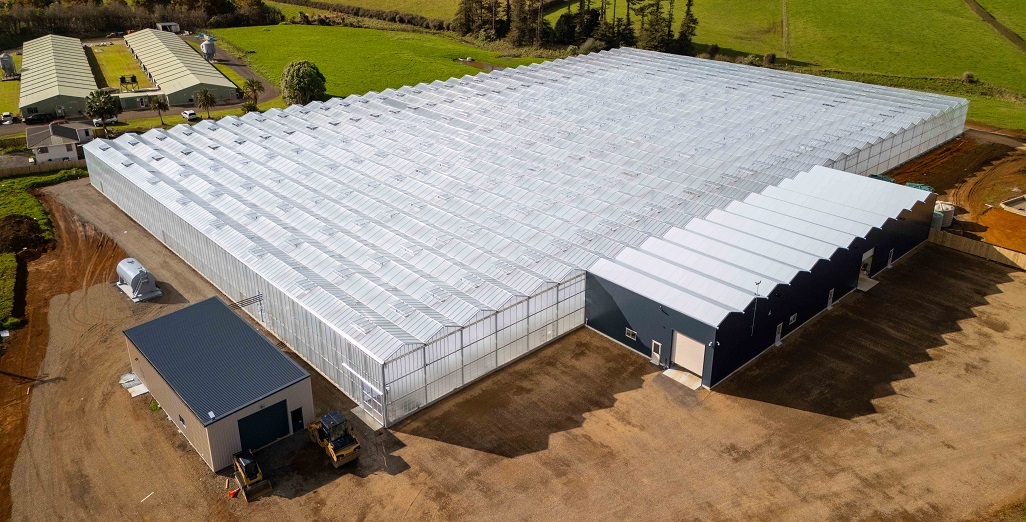Sign up here to subscribe to the Grower2grower Ezine. Every two weeks you will receive new articles, specific to the protected cropping industry, informing you of industry news and events straight to your inbox.
Oct 2020
Global Warming / Climate Change
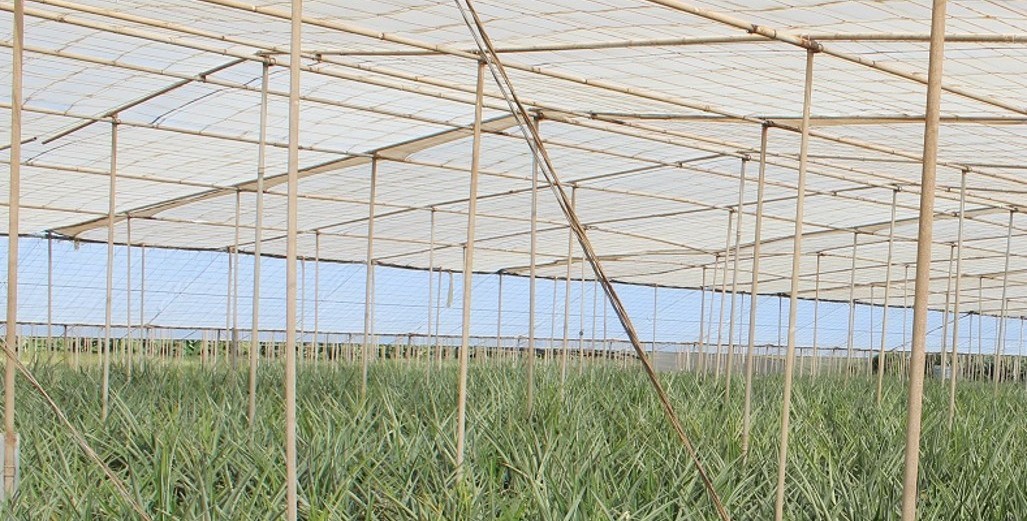
"The solution is to grow the crops under plastic shelters"
By Dr Mike Nichols
Some 20 years ago I attend a conference in Pisa, —the Italian city with the leaning tower. The title of the conference was “Managing salinity in a greenhouse environment”. Much to my amazement the first paper was by an Italian meteorologist (Guiseppe Maracchi), who spoke on climate change. This was my road to Damascus in relation to global warming. I had accepted that global warming was occurring, but had not realised that the effect of increasing global temperatures would result in an increase in extreme weather conditions. Like most lay-persons it is extremely difficult to know whether global warming is simply due to changes in long term weather patterns, which we know have occurred in the past, or whether they are (as most climate now scientist believe) due to anthropogenic climate change caused by an increases in greenhouse gases (carbon dioxide, methane and oxides of nitrogen) in the atmosphere due to the burning of fossil fuels etc. These gases allow short wave radiation from the sun to reach the earth, but prevent the long wave radiation from the earth returning to space.
What is clear is that these rising temperatures increase the rate at which the ice and snow in the Arctic and Antarctic melts, and (as shown recently) also cause glaciers to melt in the Himalayas.
According to some calculations the loss of the ice from Greenland will result in the oceans rising by several metres, and if all the ice on Antarctica were to thaw, then the figure would be over 60 metres!!!
Of course (hopefully) this is a worst case scenario, but one which the insurance industry has already taken to heart. Try getting insurance for beach front property these days.
So what has this got to do with New Zealand’s horticulture? Well if the 60m prediction is true, then nothing, because large parts of the world will have disappeared under the ocean. There will be no Netherlands, Bangladesh, Eastern England, and many of the major cities in USA, e.g. New York, Washington, Miami, Lose Angeles etc. Let us hope that this prediction does not occur, and that the policies of moving from a carbon economy to a renewable energy economy as in Europe, P.R. China etc will also take-over in USA, and civilisation as we know it may well then be saved.
So what then would a few degrees of global warming mean for New Zealand horticulture. Clearly it would change to range of crops we could grow successfully for local consumption and also for export. There is already a developing tropical fruit industry in Northland and Gisborne (see Orchardist 91(8), p74-8 ), as an increase in mean temperature of even 1-2 C degrees has a huge influence on what can be grown. The downside, however, is that this might also open the door to a range of pests and diseases which might not normally become established in New Zealand. Queensland Fruit fly might well be a good example. Another down side is that many horticultural crops (particularly the deciduous fruits) require winter chilling if they are to be productive. Swings and roundabouts one might say.
The major threat for New Zealand horticulture (at least in my view), is the increased risk of extreme weather conditions. The major threat is likely to be unseasonable rain, which could have a major effect on summer fruit crops, such as cherries, apricots, peaches, and possibly also wine grapes.
These all tend to be grown in parts of the country which normally have dry summers, such as Hawkes, Bay, Central Otago and Marlborough, and we well know what happens when the weather turns wet on many of these rain sensitive crops.
The solution (if the worst comes to pass) is to grow the crops under plastic shelters, – probable the substantial shelters I saw recently in the Canary Islands (Tenerife) might be the answer. It would be insurance at a significant cost, but it would also allow many of these crops to be grown successfully in other parts of New Zealand, currently unsuited because of rain.
Is global warming going to be as severe as some scientist suggest? Who knows, but for the sake of our grandchildren we cannot afford to take the chance. Once the global temperatures reach a tipping point it may not be possible, even with all our technology to change the momentum. NOT a good legacy to leave behind.
The most telling description I have seen of those who do not believe in man-made global warming (the deniers) is that they must hate their grandchildren to even risk leaving the earth in such a mess.
(Cover Image) Pineapples under high plastic rain covers—Canary Islands
Mangoes under high plastic rain covers—Canary Islands
Images supplied by Dr Mike Nichols
I appreciate your comments. Please feel free to comment on the grower2grower Facebook page:
https://www.facebook.com/StefanGrower2grower/
CLASSIFIED
Subscribe to our E-Zine
More
From This Category
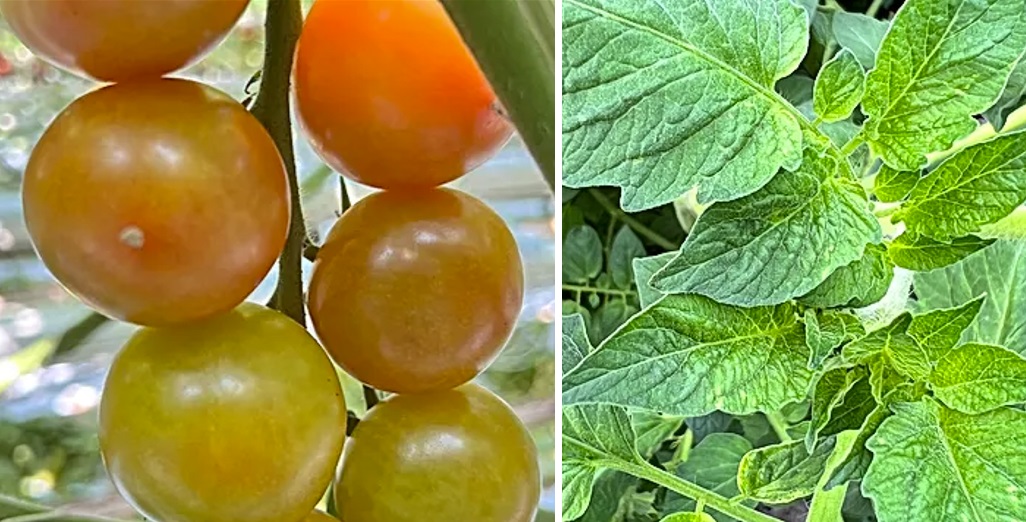
Tomato grower applies Tobre after contamination
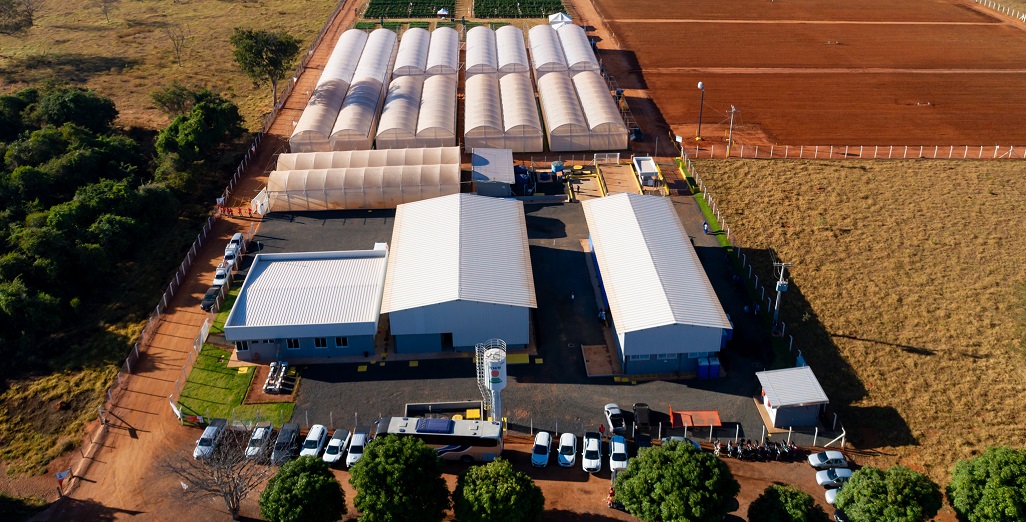
KWS inaugurates new R&D facility in Uberlândia, Brazil

John van Santen joins the management of Metazet

Workshop for Auckland’s Korean tomato growers held last week
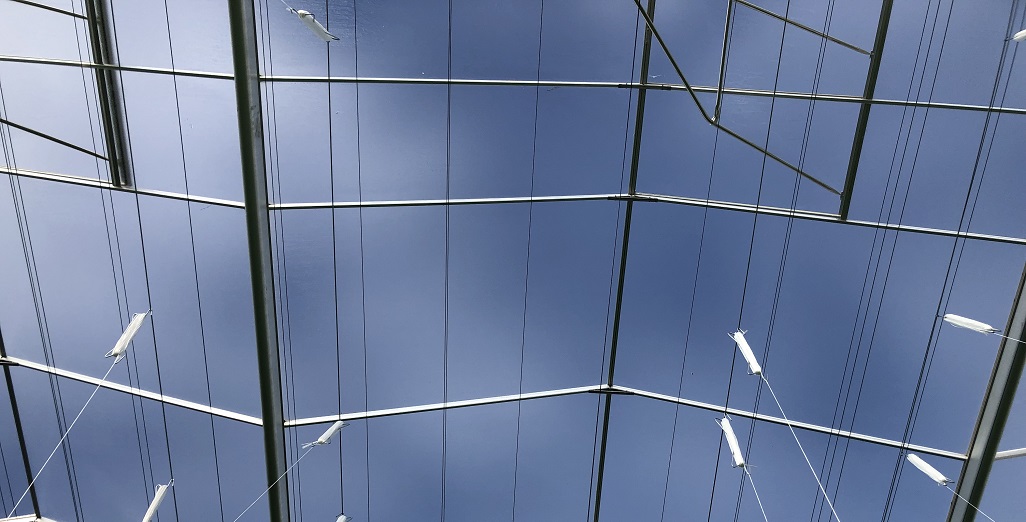
Could the Global Boom in Greenhouses Help Cool the Planet?
